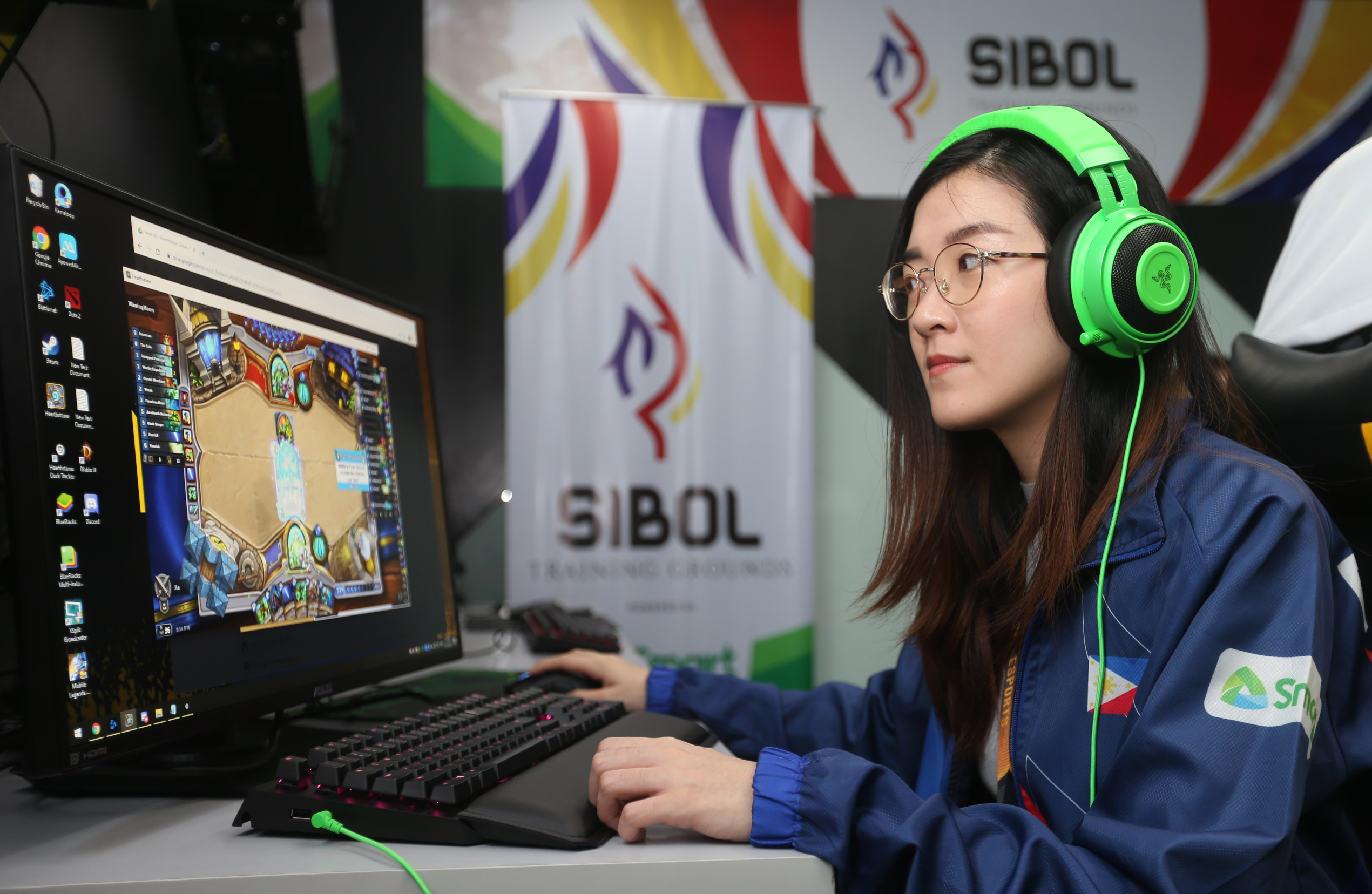Esports may be the only game in (quarantined) town
Eighteen-year-old John Ralph Baga coughed up P300 for a slot on a team of five players ready to shoot it out in Call of Duty mobile, a first-person shooter video game.
There are many types of game modes in this popular esports title, but the mission is basically the same: Annihilate enemy forces, then move on to the next mission.
The last team standing gets the P25,000 cash prize offered by a local organizer. By livestreaming the action, the organizer generates revenue from sponsors and through “stars” thrown in by online viewers.
“But you have to be really really good to get that kind of viewers,” Baga said.
Growing empire
Baga and his band of virtual gunslingers offer a microcosm of the growing empire of esports. And while it’s all but “game over’’ for many leisure and commercial activities during the coronavirus pandemic, esports in various forms has thrived among the idled and quarantined.
In Southeast Asia alone, it generated game revenues of around $4.4 billion in 2019, according to the National Esports Federation of the Philippines (NESFP).
“Asia leads the world in consumption of both esports content and overall gaming content, including livestreaming, according to a new forecast from warc.com,” NESFP president Ramon “Tats” Suzara said.
In the Philippines, there are 43 million gamers who spent $572 million on game purchases last year, according to Suzara. In the first quarter of 2020, global revenues hit $159.3 billion, reflecting a 9.3-percent increase from the same period the previous year, according to Newzoo, a group providing market insights on esports.
By the end of this year, Newzoo projects an 11.7-percent increase in audience to about 495 million.

LEVEL UP It’s practically ‘’game over’’ for many commercial and leisure activities amid the coronavirus pandemic, but the opposite is true for esports and its growing community of enthusiasts, like this avid gamer in a photo taken in Makati City in November 2019. —EDWIN BACASMAS
Community
That audience is comprised mostly of the 18 to 24 age group, Suzara said.
Initially called “eGames” and enjoyed only on hand-held devices or fun arcades back in the 1980s, esports has evolved into a megabuck industry and has grown a community that includes not just the players but also game developers, publishers, streamers and sponsors, and an avid viewing public.
Competitions around the world are held on a regular basis, with the prize money amounting to millions of dollars. The 2019 Dota 2 (Defense of the Ancients) tournament, for example, reportedly generated a pool prize of $34.33 million.
In the Philippines, it is estimated that 63 percent of the country’s online population watch video gaming content, akin to spectators enjoying a live sporting event complete with commentators and live chat.
Each esport title has spawned its own cast of local heroes and heroines, masterful players who command hordes of followers willing to pay just to watch them in action. Actor Alden Richards, for example, streams his Mobile Legends heroics, cashing in on his popularity as much as his game skills.
Indoor entertainment
And as community quarantines leave individuals or entire families with limited ways to kill time, personal computers (PCs) and gaming consoles are there to fill the rising demand for indoor entertainment.
“The platforms are accessible and [they require] zero contact,” said Suzara. “It’s almost like it’s designed for the pandemic.”
Of the online population in the Philippines, 74 percent play esports on mobile devices, 65 percent on PCs and 45 percent on game consoles, he added.
The gaming subculture further earned legitimacy and the sheen of professionalism during the country’s hosting of the Southeast Asian Games last year, when esports was introduced as a medal event in the regional meet.
Filipinos then captured three of the six gold medals up for grabs, dominating Dota 2 and Starcraft II on PC, as well as Mobile Legends: Bang Bang.
Appeal to UAAP
The International Olympic Committee has considered including esports in the 2024 Paris Olympic Games and the 2022 Hangzhou Asian Games.
Suzara’s organization has also made a presentation before officials of the University Athletic Association of the Philippines (UAAP) to make esports part of the college curriculum.
“One of the major objectives is to run the sport, just like any other sport; that is, to operate on the principles of the Olympic movement,” said Suzara. “We would like to develop teams of athletes who would qualify for higher levels of competition or to ladderize each event that will enable teams to advance.”
Down the road, esports just might even offer a way for the country to win its first Olympic gold. But in the meantime, it provides a rapidly growing source of thrill—and even livelihood—for millions of Filipinos.